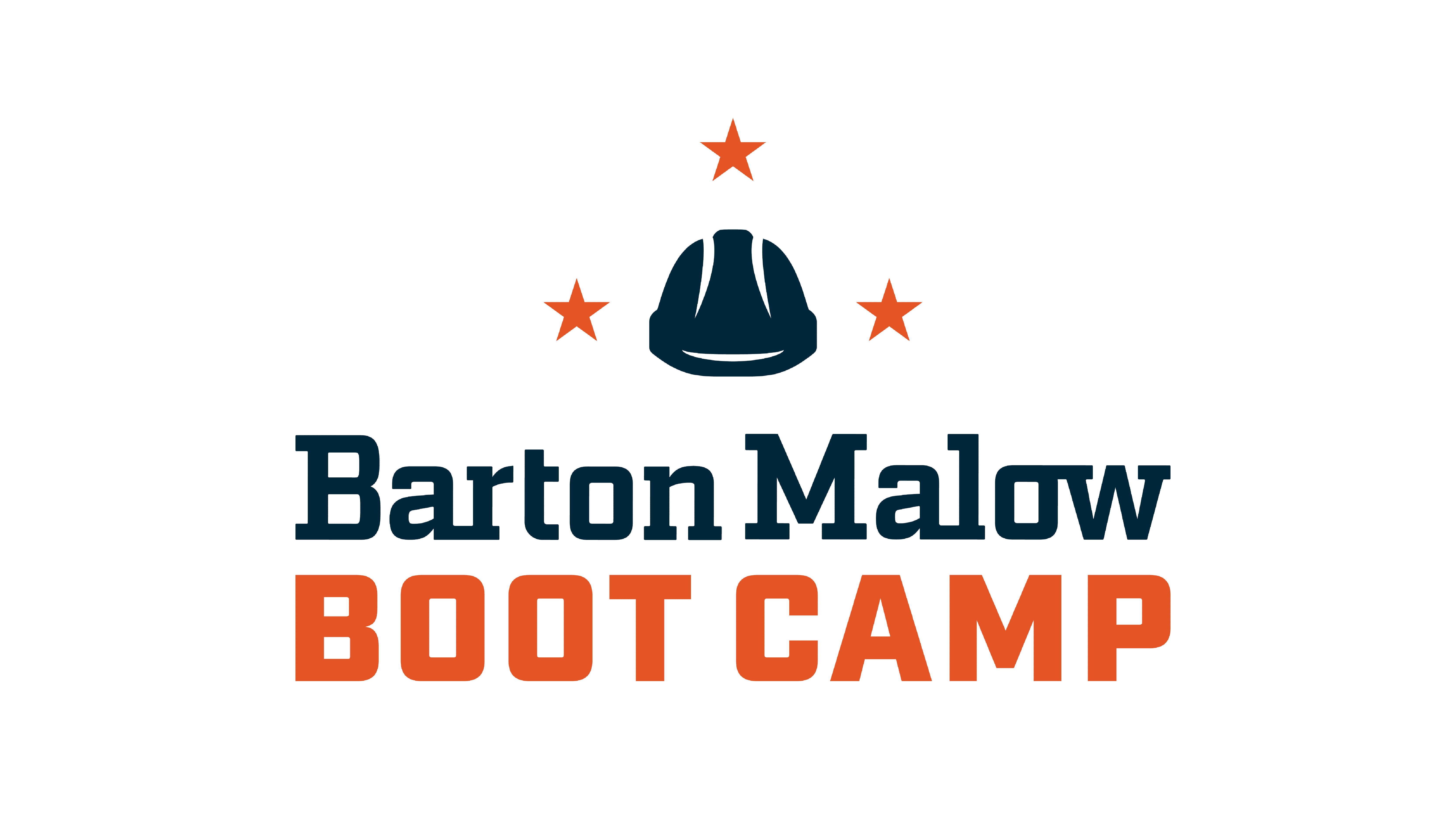How does someone from Mississippi with a degree in political science from Louisiana State University (LSU) end up in Detroit, Michigan, owning and operating one of the premiere minority masonry contractors in the Midwest?
Elmer Dixon, the President and CEO of Dixon, Inc., the company he started in 1999, still isn’t quite sure. “You never know where this life is going to take you,” he says. “You never know where your opportunity is going to come.”
Life-changing opportunity came for Elmer after he graduated from LSU when he was working at a Sports Authority store in Scottsdale, Arizona, in between kick-starting his career in the corporate world. Or so he thought. One morning, he spotted a man browsing in the store and did would any good retail associate would do.
“All I did was walk over to him, tell him my name, and ask him if he needed any help,” Elmer recalls. “He turned out to be the Southern Market Manager for LafargeHolcim.”
The seemingly random encounter in The Sports Authority that morning turned out to be the start of a lengthy stint with Lafarge, a career that took Elmer to Fort Wayne, Indiana, and eventually to Lansing, Michigan. While in Lansing, he was presented with the opportunity to start a minority masonry company in Detroit – and it’s how Dixon, Inc. was born.
“I fast forward to now and say, ‘Wow!’” he says. “I never, ever dreamed that I’d be doing what I’m doing now.”
‘Your Destiny is Greater than Your Dilemma’
Elmer began Dixon, Inc. with the support and encouragement of Lafarge, as well as the promise that if things didn’t work out, he’d always have a job somewhere within its company. Lafarge also introduced Elmer to one of the individuals that would become among the most influential to him both personally and professionally: Ben Maibach III, then Barton Malow’s President and CEO, and current Barton Malow Chief Community Officer.
“I didn’t know who Barton Malow was from the man on the moon,” he quips. “But Ben was probably one of the nicest people I’ve met.”
As Dixon, Inc. began to gain momentum, so too did Elmer’s friendship with Ben.
“Here I am, I’m still learning the business, learning how to blueprint read,” he recalls. “I was trying to gain so much information. Ben would take me in the Barton Malow office, walk me around, introduce me to everybody. Our friendship evolved over time. Ben has always been very instrumental. You can tell good people when you meet them. He’s been very instrumental as well as the company Barton Malow.”
This friendship also helped Dixon, Inc. earn business while working as a subcontractor for Barton Malow. The most notable project the company has worked with Barton Malow on to date is Little Caesars Arena, where it laid 750,000 bricks, 100,000 blocks, and 4,000 pieces of precast.
Soon, Elmer will embark on uncharted territory, serving as the minority general contractor with Barton Malow in a joint venture on a forthcoming hospital project.
“With what Barton Malow helped me do with Little Caesars Arena has afforded me the opportunity to expand my business to the construction management partnership,” he says. “It’s progression, it’s growth. I don’t want to stay stagnant. Your destiny is greater than your dilemma. Right now, we have opportunities. It’s how we handle those opportunities.”
A Smile Can Go a Long Way
Elmer thinks back to the chance meeting years ago at The Sports Authority in Arizona that served as the starting point of his career in the industry.
“I could have very well not gone and said ‘hi’ to him,” he recalls.
Instead, it was his kindness and his smile and that prompted further conversation in the store that day, which eventually culminated in the exchange of business cards and a promise by Elmer to pass along his resume.
“If you can smile, that’s worth a thousand words,” he said. “It doesn’t take much to be kind. But never mistake weakness for kindness. It’s what I like about Ben. He always has a kind word and he’s always smiling. You can tell the culture, our cultures align. A lot of people don’t care about how much you know until they know how much you care.”
Elmer has plenty left in the tank. He says though he’s at the “halftime” of his life, he prefers to think of only being in the “second quarter.” And he’s always striving to improve.
“Even if you’re No. 1, you play like you’re No. 2,” he says.



